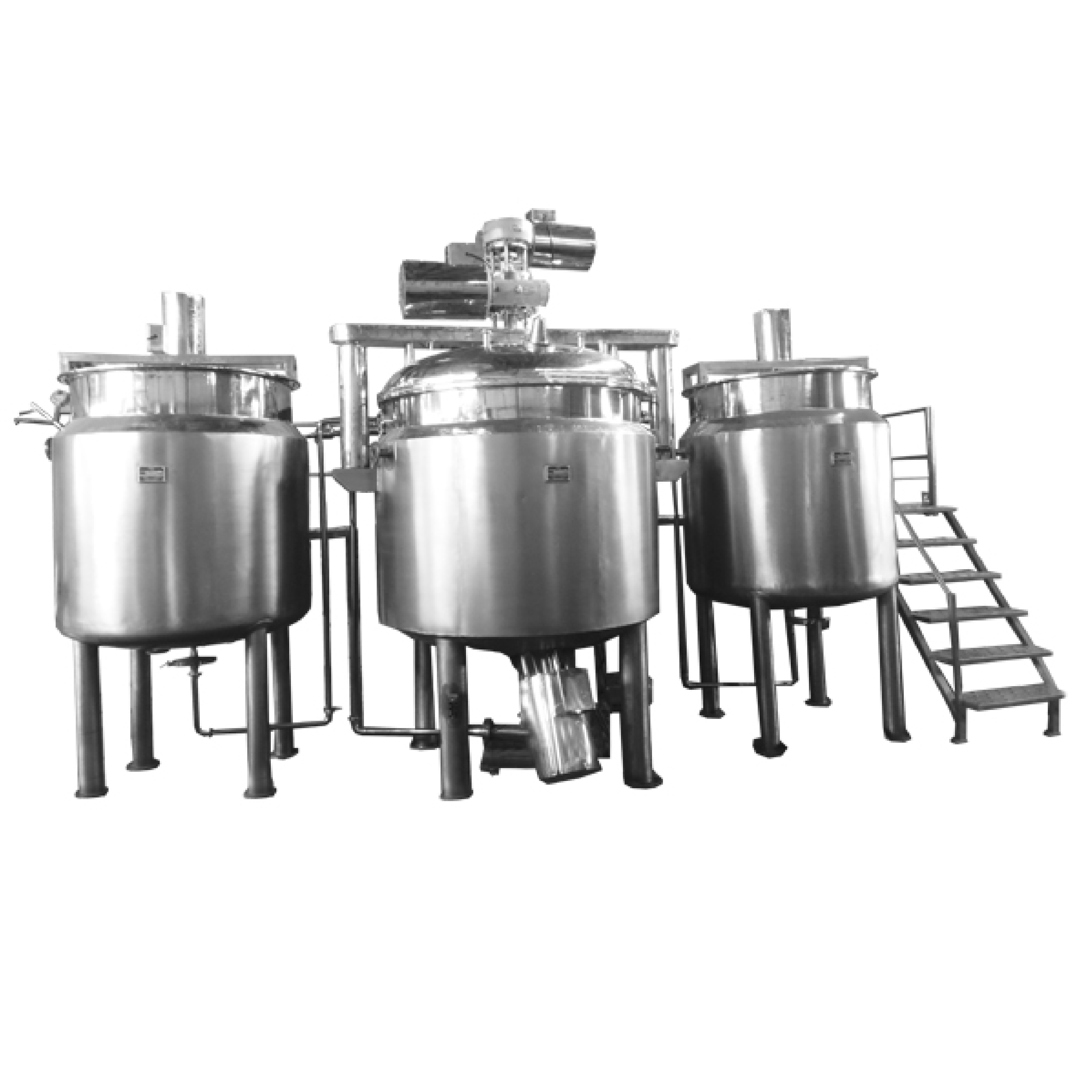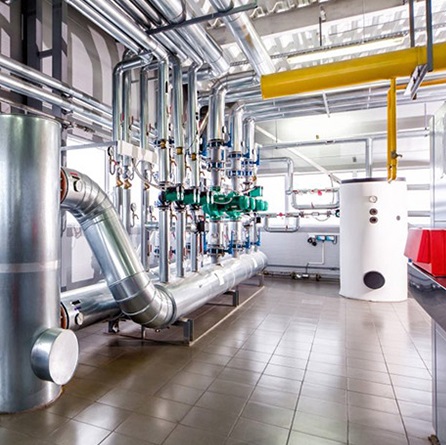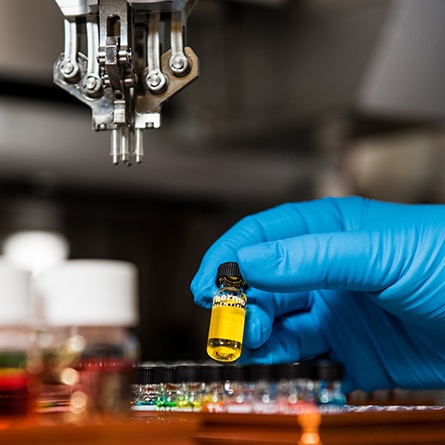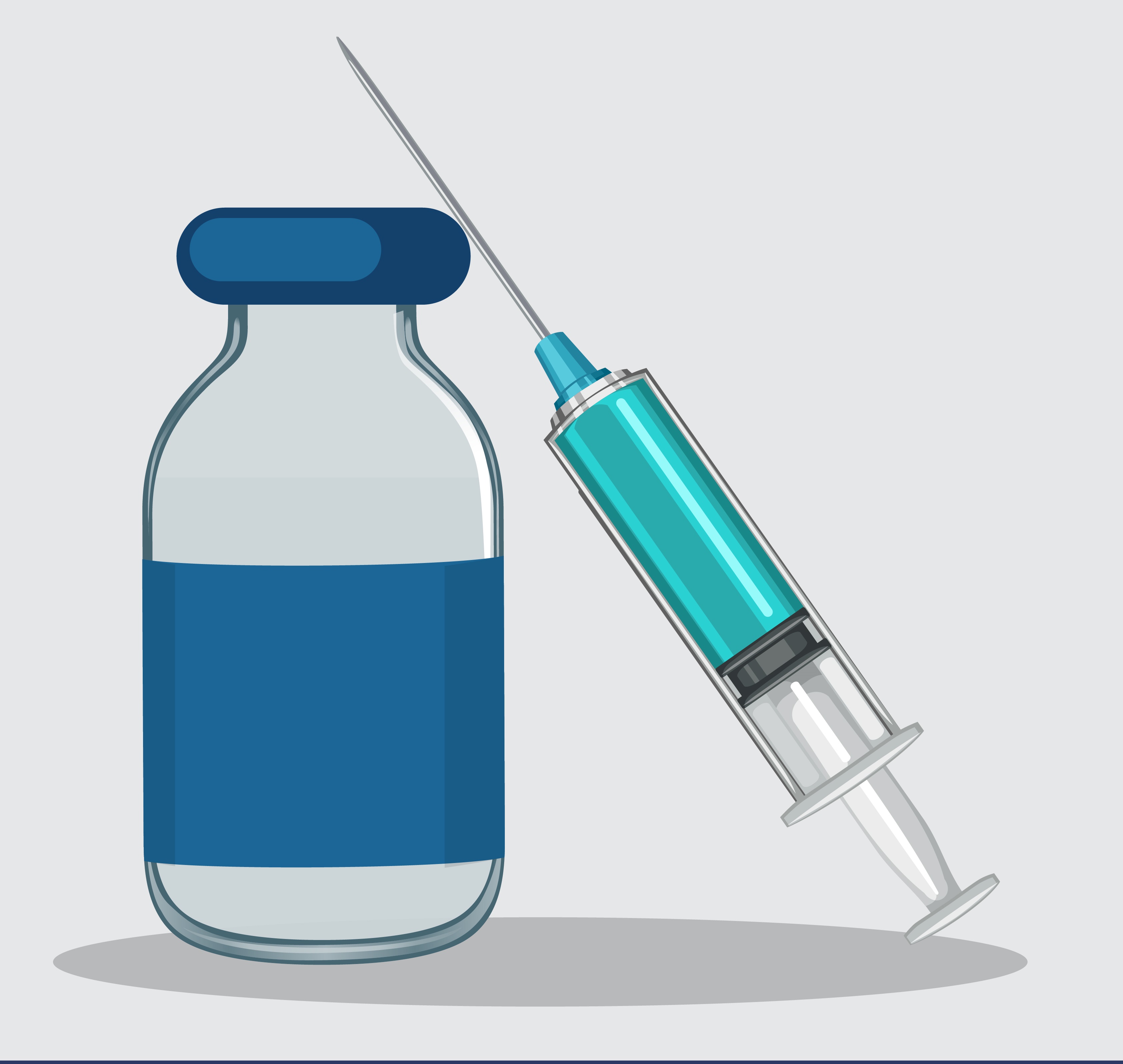
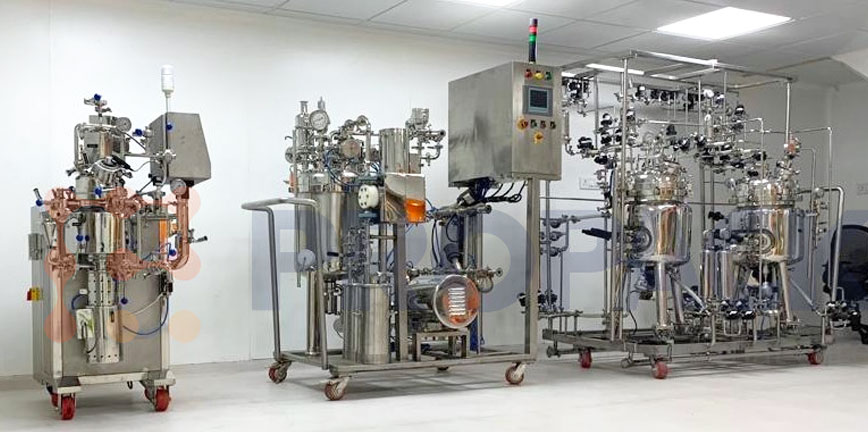
Sterile Manufacturing Plant
A sterile manufacturing plant is a facility that produces pharmaceutical products that are free from any viable microorganisms or endotoxins. These products are usually administered into the body through injections, infusions, inhalations, or implants. Sterile manufacturing is essential for ensuring the safety and efficacy of these products, as any contamination could cause serious harm to the patients or the environment.
But what kind of products can be made in a Sterile Manufacturing Plant?
The answer is: A lot.
Depending on the type, dosage, and route of administration of the product, a sterile manufacturing plant can produce various types of products for different industries and applications. In this blog, we will explore some of the common products that can be made in a sterile manufacturing plant.
Pharmaceutical Applications
The pharmaceutical industry is one of the main sectors that uses sterile manufacturing plants to produce their products. Some of the common products that can be made in a sterile manufacturing plant for the pharmaceutical industry are:
Sterile solutions: These are liquid products that contain one or more active pharmaceutical ingredients (APIs) dissolved or suspended in a suitable solvent or vehicle. Sterile solutions can be used for various purposes, such as injections, infusions, eye drops, nasal sprays, or inhalers. Sterile solutions can be classified into different types, such as aqueous solutions, non-aqueous solutions, emulsions, or suspensions, depending on the nature and composition of the solvent or vehicle.
IV fluids: These are sterile solutions that are administered into the bloodstream through a vein. IV fluids can be used for various purposes, such as hydration, nutrition, medication, or blood transfusion. IV fluids can be classified into different types, such as crystalloids, colloids, or blood products, depending on the nature and composition of the solution. IV fluids can be stored and delivered in different containers, such as bags, bottles, or syringes, depending on the volume and type of the solution.
Aerosols: These are sterile solutions that are delivered into the lungs through inhalation. Aerosols can be used for various purposes, such as asthma, chronic obstructive pulmonary disease (COPD), or cystic fibrosis. Aerosols can be classified into different types, such as metered dose inhalers (MDIs), dry powder inhalers (DPIs), or nebulizers, depending on the mechanism and device of delivery. Aerosols can be stored and delivered in different containers, such as canisters, capsules, or reservoirs, depending on the volume and type of the solution.
Ampoules: These are small glass or plastic containers that are used to store and deliver sterile solutions. Ampoules can have different shapes, sizes, and capacities, depending on the volume and type of the solution. Ampoules are usually sealed by melting the glass or plastic at the neck, and can be opened by breaking the tip or the neck. Ampoules can be used for various purposes, such as intravenous, intramuscular, subcutaneous, or intradermal injections.
LVP & SVP solutions: These are sterile solutions that are classified according to their volume. LVP stands for large volume parenteral, and SVP stands for small volume parenteral. LVP solutions are usually more than 100 ml, and SVP solutions are usually less than 100 ml. LVP and SVP solutions can be used for various purposes, such as injections, infusions, or irrigation. LVP and SVP solutions can be stored and delivered in different containers, such as bags, bottles, vials, or ampoules, depending on the volume and type of the solution.
Biopharmaceutical Applications
The biopharmaceutical industry is another sector that uses sterile manufacturing plants to produce their products. Some of the common products that can be made in a sterile manufacturing plant for the biopharmaceutical industry are :
Vaccines: These are biological products that contain weakened or killed microorganisms or their components, such as antigens, toxins, or polysaccharides. Vaccines can be used to prevent or treat various diseases, such as infectious diseases, cancer, or allergies. Vaccines can be classified into different types, such as live attenuated vaccines, inactivated vaccines, subunit vaccines, conjugate vaccines, or recombinant vaccines, depending on the nature and composition of the microorganism or its component. Vaccines can be stored and delivered in different containers, such as vials, syringes, or patches, depending on the volume and type of the vaccine.
Injectables: These are biological products that contain proteins, peptides, or nucleic acids that are derived from living cells or organisms, such as bacteria, yeast, animal cells, or plant cells. Injectables can be used to treat various diseases, such as diabetes, anemia, or growth disorders. Injectables can be classified into different types, such as hormones, enzymes, antibodies, or gene therapies, depending on the nature and function of the protein, peptide, or nucleic acid. Injectables can be stored and delivered in different containers, such as vials, syringes, or pens, depending on the volume and type of the injectable.
Human insulin: This is a type of injectable that contains human insulin, which is a hormone that regulates the blood glucose level. Human insulin can be used to treat diabetes, which is a condition where the body cannot produce or use insulin properly. Human insulin can be classified into different types, such as regular insulin, rapid-acting insulin, long-acting insulin, or premixed insulin, depending on the onset, peak, and duration of action. Human insulin can be stored and delivered in different containers, such as vials, syringes, or pens, depending on the volume and type of the human insulin.
Serums: These are biological products that contain blood plasma or serum, which is the liquid part of the blood that contains various proteins, antibodies, electrolytes, and nutrients. Serums can be used to treat various diseases, such as bleeding disorders, immune deficiencies, or infections. Serums can be classified into different types, such as albumin, immunoglobulin, or antivenom, depending on the nature and function of the protein or antibody. Serums can be stored and delivered in different containers, such as bags, bottles, or vials, depending on the volume and type of the serum.
Plasma fractions: These are biological products that contain specific fractions or components of the blood plasma or serum, such as clotting factors, fibrinogen, or albumin. Plasma fractions can be used to treat various diseases, such as hemophilia, liver disease, or shock. Plasma fractions can be classified into different types, such as factor VIII, factor IX, or fibrin sealant, depending on the nature and function of the fraction or component. Plasma fractions can be stored and delivered in different containers, such as vials, syringes, or patches, depending on the volume and type of the plasma fraction.
Bacteria and cell structures: These are biological products that contain whole or partial bacteria or cell structures, such as cell walls, membranes, or organelles. Bacteria and cell structures can be used to treat various diseases, such as tuberculosis, leprosy, or cancer. Bacteria and cell structures can be classified into different types, such as bacillus Calmette-Guérin (BCG), mycobacterium leprae, or liposomes, depending on the nature and composition of the bacteria or cell structure. Bacteria and cell structures can be stored and delivered in different containers, such as vials, syringes, or capsules, depending on the volume and type of the bacteria or cell structure.
These are some of the common products that can be made in a sterile manufacturing plant. However, this is not an exhaustive list, as there are many other products that can be made in a sterile manufacturing plant for different industries and applications. The key is to understand the requirements and specifications of your product and your market, and to choose the appropriate equipment and components for your sterile manufacturing plant. By doing so, you can ensure the quality, safety, and efficiency of your sterile manufacturing plant and your sterile products.


